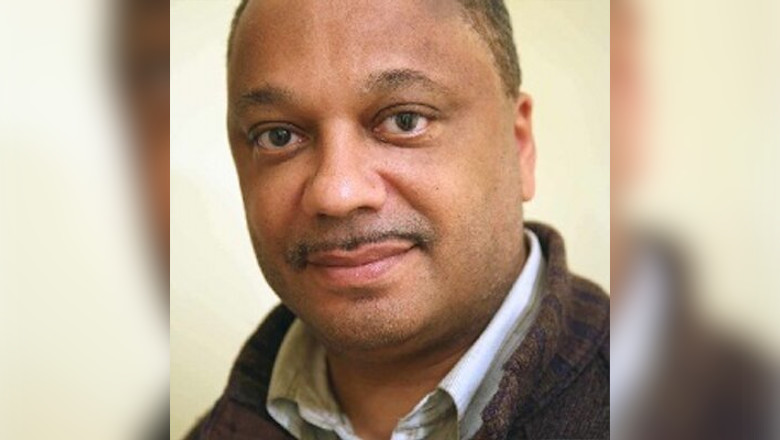Activist and journalist Marc Wadsworth on his work celebrating unsung heroes.
We learnt about white Crimean war heroine Florence Nightingale at school. But the hidden history of her black contemporary, Jamaican-born nurse Mary Seacole, who was just as noteworthy, had to be unearthed by black scholars. A statue of Seacole was put up outside St Thomas’ Hospital after years of campaigning.
There are many such untold stories. I’ve tried to tell a couple of them. In 1998 my biography of Indian Shapurji Saklatvala, a communist who became Labour MP for Battersea North in 1922, was published. Then I made two films about volunteers from the Caribbean who fought in the Second World War. My late Jamaican father was one of them.
First was the documentary Divided by Race, United in War and Peace, which got a cinema screening in 2014. Then, with the BBC, I made Fighting for King and Empire: Britain’s Caribbean Heroes. It has been broadcast half a dozen times, including last month.
In 2011, I took a master’s in contemporary British history at King’s as a mature student, breaking new ground as the first to get on a course at the university using a scheme for people without an undergraduate degree. It’s called Accreditation of Prior Learning. I wish King’s would trumpet its existence, so more people like me could be students and benefit from our world-class university.
I did a guest lecture in the history department, based on my dissertation, The Rise and Fall of the Labour Party Black Sections 1983-1990, for which I got a distinction. The lecture was a privilege rarely afforded to alumni.
My book, Comrade Sak, Shapurji Saklatvala MP, a political biography, was part of the portfolio of work I put to professors to get accepted onto the course.
There is activism going on to redress the lack of diversity in lessons. For instance, the Why is my curriculum white? campaign that is to be applauded. It ‘aims to decolonise and critically challenge course content and perspectives offered through the accepted Western white canon of knowledge’.
Black students and scholars mustn’t just whinge about the absence of black history in lessons, and the under-representation of teachers who look like us, they must do something about it.
Black History Month gives us a useful annual platform, even though many of us believe the subject should be promoted all year round.
I’m delighted to have been given the opportunity by the Race Equality Network at King’s to speak about a hidden history; that of Jamaican-born Dr Harold Moody, who graduated from the university in 1910, finishing top of the class.
No one I spoke with at King’s knew about Moody. He was affectionately known as ‘the black doctor’ in Peckham, south London, where he practiced as a highly respected GP, way before the NHS. A pioneer, Moody founded Britain’s first civil rights movement, the League of Coloured Peoples, in 1931. I proudly spoke at the unveiling of a plaque commemorating him earlier this year.
The long-overdue Dr Harold Moody, a King’s College hidden history reclaimed event will be in Bush House Lecture Theatre 2 BH (S) 4.04, the Strand, starting at 6.15pm on 23 October. It includes a drinks reception and is free to attend.
I hope you’ll spread the word and come along.
